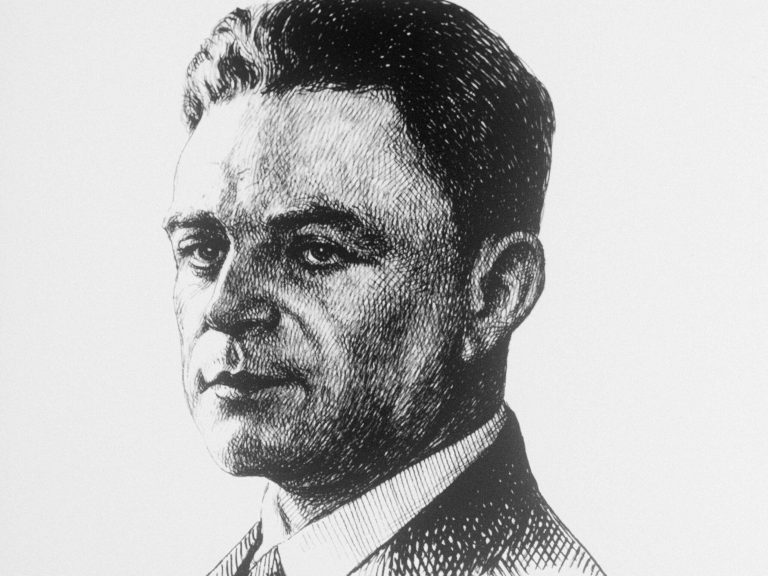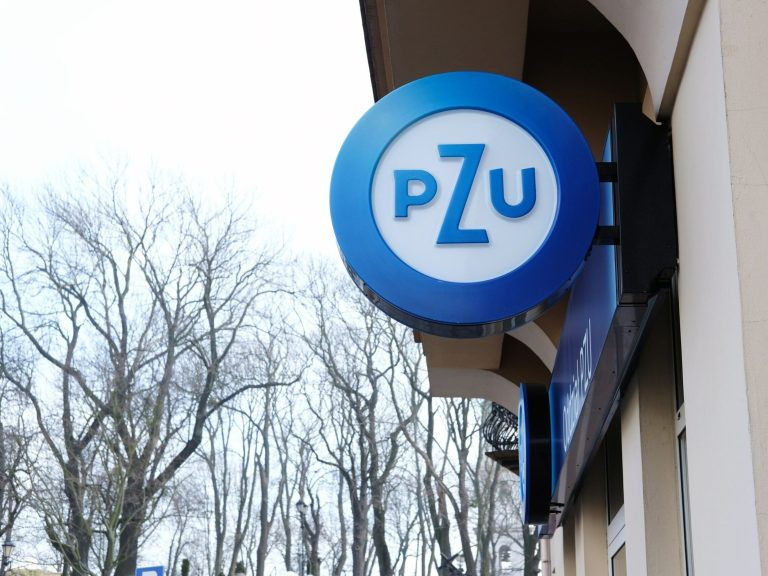Incident with Ukrainian grain. “Thugs did it, not farmers.”

Farmers have been protesting for another week, including: on the border with Ukraine. – Transit can be possible, but outside the European Union. He must be sure. But how to do it? – they said at the demonstration in Warsaw.
On a siding in Kotomierz near Bydgoszcz, unknown perpetrators opened eight carriages of a train transiting to Gdańsk. Tons of corn spilled onto the tracks. – It was not a random action. The action was perfectly planned and fast, says Paweł Bylewski. And he argues that someone must also have been aware that it was a valid transit. He adds: – The seals were cut. Specialized scissors or an electric saw were used.
“Thugs and lujs did it, not farmers”
For some time now, social media has been flooded with videos of farmers and activists showing trains full of grain arriving from Ukraine. According to them, they are then unloaded onto trucks, or the transports wait on a siding for such unloading, instead of going to Polish or European ports. What does transit really look like in Poland?
Paweł Bylewski runs a company that prepares and supervises the transhipment of grain warehouses transiting through Poland. Pouring grains from wagons is a huge waste. So he and his team try to protect the cargo by following the train along the entire route. – I understand the farmers' side. I have a father who is a farmer. However, what happened in Kotomierz was best described by my father as saying that it was done by bandits and gangsters, not farmers – he recalls.
It is not certain who spilled the seed in Kotomierz, the prosecutor's office is investigating. According to Bylewski, grain transported in transit goes directly to ports. – Nothing from such a train stays in Poland, not even one kilogram – assures the man.
Farmers' protests across Poland
– There is no need to pour out the grain. We are not in favor of dumping it. We want this grain to go somewhere to Africa or to starving people, let it go, but we don't want it here in the country, said one of the farmers at Wednesday's protest. – We just want to protect our market – adds another farmer. – We are here because we wanted to protest about the Green Deal and the inflow of products from Ukraine – the journalists heard. Attention! TVN.
On Wednesday, farmers protested again in Warsaw. They are determined, many of them cannot sell grain because the warehouses are full and the price of grain is dramatically low. And although there is a total ban on the import of certain grains, rapeseed and sunflower from Ukraine, photos and videos from the border showing full trains arouse fear and anger.
– Transit can be possible, but outside the European Union. He must be sure. But how to do it? – journalists heard. – I was also at the border and I can tell you what arrived there and in what quantities, because it is completely uncontrolled. There are lists announced by the minister, this is a small percentage of what actually enters – said one of the farmers.
What's the situation with grain in Dorohusk?
Reporter Attention! TVN went to Dorohusk, to one of the railway border crossings. At this point, some of the trains arriving from Ukraine run on wide tracks, others on narrow, European ones.
Each train crossing the border is X-rayed and undergoes veterinary inspection. After customs clearance, trains on European tracks go directly to the ports in Poland and Europe indicated in the documents. Those that entered on wide tracks must be reloaded at special terminals. – We have a wide track here. The wagon runs over the chutes, which are opened from the bottom. And the grain is poured, then the grain goes through pipes above the hall and is poured into the wagon – says Karol Borsuk.
Is it possible to move the wagon to the sidings and unload it? – It is not possible. Even the journey between Dorohusk station and the terminals is under customs supervision. Electronic seals are installed that track the train's passage on GPS, explains Karol Borsuk.
After reloading, the wagons are covered with tarpaulins, metal ropes are installed to protect the cargo and sealed with the seals of the forwarding company responsible for transit through Poland. Finally, the wagon is inspected and sealed by customs officers. Removing a seal is a crime.
– Trains carrying agricultural products, but not only them, are sealed with Ukrainian company seals. We also install our customs seals, says the young Rach. Paweł Borej from the Customs Department in Dorohusk. He adds: – These are small lead seals that have been used by customs and tax services for years. We put them on each wagon and tighten them with a sealer. The numbers and number of seals are entered in the transit document. When it reaches its destination, it is known how many seals should be in a given freight warehouse.






